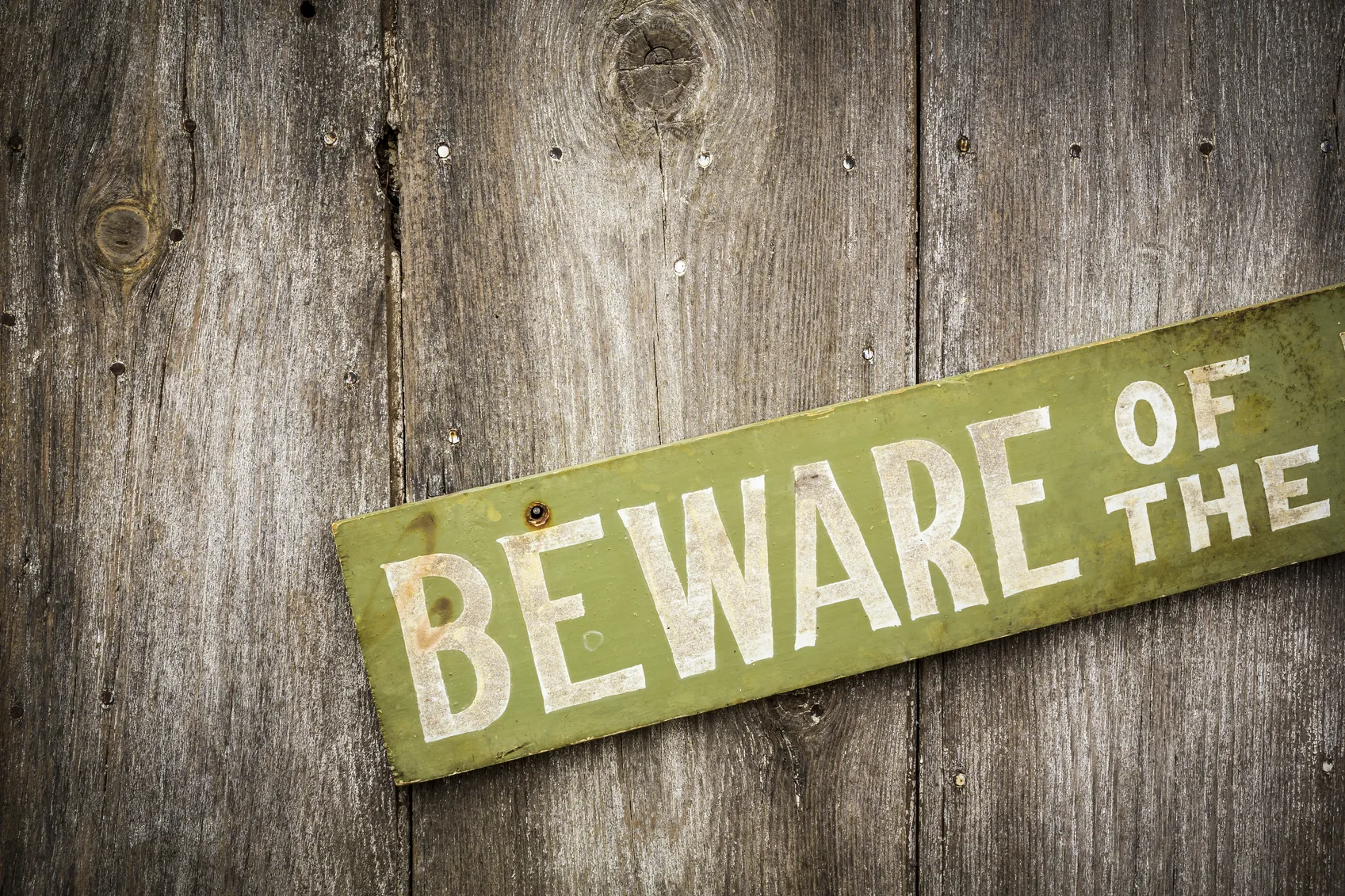You’ve decided to adopt a dog – how wonderful for you! Both the process of finding the right pup and bringing home a new furry friend are exciting, and filled with joy. What better excuse to visit and play with as many puppies as possible?
It’s easy to get caught up in the whirlwind of excitement surrounding pet adoption, but don’t let your enthusiasm curb your common sense. Taking the time to research and find a good, reliable breeder is vital. Ethically-bred and well-trained puppies are far more likely to fit in with your family and are less likely to have health or behavioral problems down the road.
Unfortunately, not every breeder has the same approach to their dogs. For backyard breeders and puppy mills, the main concern is volume. They breed as many puppies as possible, selling them off without much thought. These less scrupulous breeders pay very little attention to important variables like genetics, parental behavior, and reliability of the line, making it a very risky choice for potential pet owners.
But how do you tell the difference between a good, reliable breeder and someone who’s just in it for the money? It isn’t always easy. Start by staying “eyes wide open” for each of the following red flags.
They Sell Puppies Cheaply
There’s no such thing as a cheap or free puppy, regardless of whether you adopt from a shelter or go to a high-quality kennel. Simply put, housing and breeding dogs is a costly process – often extremely so when you factor in vet bills, food, and care – and some of that money is naturally passed on to the customer.
If a breeder is offering you a price that’s much lower than other breeders, ask yourself why. How can this particular breeder afford to do that when no one else can? Very often, the answer is that the breeder is cutting back on care aspects, like early needles, neuter, or even just regular vet appointments.
They Don’t Offer Papers
If you’re purchasing a purebred, always ask for papers. A purebred without papers isn’t likely to be a purebred at all, at least when it comes to show-quality standards. Great deals of unscrupulous breeders try to pass off mixed-breed dogs as purebreds, so it’s always best to see the paperwork for yourself.
Still not sure if it’s legitimate? Go to the registering organization, usually the American Kennel Club (AKC) or Canine Kennel Club (CKC). Ask them to verify the papers, too.
They Won’t Reveal Their Location
Breeders who won’t allow you to come on the property and inspect their facilities may be hiding something. Although it’s commonplace for many facilities to say no to tours or daily visitors – this just makes sense and prevents disease – you should be given the opportunity to visit when adopting. This is a common tactic for backyard breeders, whose kennels may be dirty, poorly maintained, or overcrowded.
You Can’t Meet The Parents
Like the previous entry, being denied access to the parents is also questionable. Meeting the parents will give you a reasonable idea of the puppy’s adult temperament and behavior, though it certainly isn’t a guarantee. If the breeder is refusing to introduce you, it may be that the parents suffer from behavioral or health issues they’re trying to hide.
They Don’t Offer Vet Verification
All puppies should see the vet at least once, if not more often, before adoption. Good breeders know that vet attention is important, and going without it would mean that they are adopting out dogs without having a real picture of their overall health. Most puppies come with a certificate from the breeder’s vet, although some breeders will simply provide you with the information you need to contact them yourself. Either way, always verify the information personally.
You Found Them At The Flea Market
Reliable breeders may attend flea markets or expos, and they may even bring a few dogs with them. This is normal. What isn’t normal is to adopt out puppies on the spot from these locations with little to no verification of the new owner. This is something backyard breeders frequently engage in; they see puppies as products and stand a significant chance of moving more “product” at a major event.
There’s one small exception to this flag: rescues and the SPCA. Some rescue organizations may indeed adopt out from major events, but they’ll still do at least some background checks when they do.
They’re Less Than 8 To 10 Weeks Old
According to DogTime, eight weeks is about the ideal age to bring a new furry canine friend home. This is reasonably accurate, with the exception being that puppies – much like humans – develop at different rates. Some may need an extra week or two to mature, while others may be raring to go right at eight weeks.
Anywhere within this spectrum is a fine time to bring a puppy home, but adopting before eight weeks can be a disaster waiting to happen. Until about the eight-week point, puppies are still learning to socialize via play with both parents and siblings. Take them away too early and you may incite behavior or even health problems down the road.
They Want To Meet You In Public
This falls in line with not being permitted access to the breeder’s facilities. It’s also something dog flippers do quite frequently. What’s a dog flipper? Someone who picks up free puppies from classified ads, flea markets (or even illegally via someone’s backyard) to later sell for a profit.
If the breeder is asking you to meet in a public space, counter and ask them to provide their facility address and vet info. If they can’t provide it, they’re probably not a breeder.
One Or More Dogs Are Sick
The idea of a sick dog is something that strikes fear into the heart of every ethical breeder. Certain illnesses, like parvo and kennel cough, can tear through a facility and cause many of the breeder’s animals to become sick. Good breeders understand that even one incidence of illness is just cause to halt adoption in all but the mildest cases, especially when the illness is a contagion or zoonotic.
When you visit the breeder, look for signs of health in all the dogs, not just your puppy. Are their eyes bright and clear? Do they have healthy coats? Are the puppies energetic, or at least awake and alert? Can you see overly loose stools scattered around the property? If so, it may be a sign that the dogs have been exposed to either contagious illnesses or genetic diseases.
Making the right match does take extra time, and can be a bit of an adventure, but that doesn’t mean the ultimate result isn’t worth every second you put in. Spending time finding the right breeder is time well-spent. So go forth, potential new puppy owner, armed with the knowledge needed to shy away from the shady and find the fantastic.

